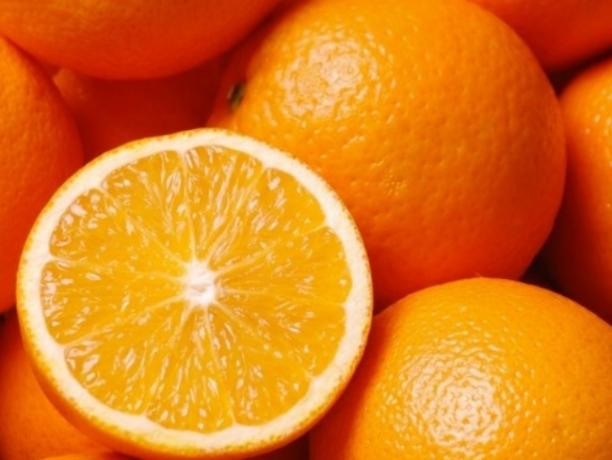Despite being concepts used indifferently by a large part of the population, fruit and fruit are not synonyms.
Fruit is a terminology used to refer to a botanical structure that develops through the fertilization of a flower's ovary.
The fruit, in turn, is not part of botanical terminology and is, in fact, an unofficial and popular nomenclature used as a way to designate sweet and edible flavored fruits.
Fruit, fruit and pseudo fruit
By establishing a relationship between fruit, fruit and pseudofruit, we can say that the fruit is the most general concept.
See the explanations below and understand what each of these denominations consists of.
What is fruit?
The fruit is part of a plant of the type angiosperm (have fruits, flowers and seeds), produced from the ovary of a fertilized and developed flower.
Its main function is to protect the seeds as they mature.
Fruits tend to ripen at the same time the seeds are ready to germinate.
Depending on the type of fruit, even after ripe it can remain closed or it can open to release its seeds.

Tomato, also classified as a vegetable, is an example of a fruit.
See also the meaning of vegetables and legumes.
Types of fruit
Generally speaking, the fruits are classified into two subcategories: fleshy fruit and dry fruits.
The fleshy fruits are those that have a soft pulp when they are ripe (example: pumpkin).
The main characteristic of dried fruits is the fact that they do not have a soft pulp and that they have a harder interior (eg hazelnut).
Dried fruits can also be classified as dehiscent and indehiscent.
we call dehiscent fruits those that open to release seeds (example: chestnuts) and indehiscent fruits those that do not open and preserve the seed inside (example: nuts).
What is fruit?
Fruits share the same characteristics and classifications as fruits.
It is important to mention that the word fruit is an unofficial designation, popularly used to designate sweet and edible fruits.
Therefore, all fruits are fruits, but not all fruits are fruits.
The sweet taste is the only difference between fruit and fruit, that is, it can be said that fruit is sweet fruit.

Orange is an example of a fruit.
The use of the word fruit has become so popular that it is sometimes used in the wrong way.
Apple, fig, pineapple and other botanical structures called fruits are actually pseudofruits.
Also find out more about the meaning of fruit.
What is pseudofruit?
The pseudofruit, also called false fruit or accessory fruit, is a botanical term little known to most people.
Unlike what happens with the fruit, the pseudo-fruit always consists of a fleshy structure. To know the difference between fruits and pseudofruits, it is enough to know the origin of their respective formations.
Fruits develop from the fertilized ovary of a flower, while pseudofruits develop from other floral parts such as the peduncle it's the receptacle.

flower parts
One of the best known pseudofruits is cashew. In the cashew formation process, the stalk develops into a thicker, fleshy shape and becomes the edible part of the botanical structure.
Bearing in mind that the designation of fruit is defined as a structure that develops from the ovary of the flower, the real fruit of the cashew is the so-called chestnut, which in turn holds the seed in its interior.
Another example of a pseudo-fruit is the strawberry, which is also not formed from the flower's ovary, but from its receptacle. In the case of strawberries, the seeds are formed from the flower's ovary, so they are the real fruits.

Strawberry is an example of pseudo-fruit
You may also be interested in the meaning of:
- flower
- flower parts.
